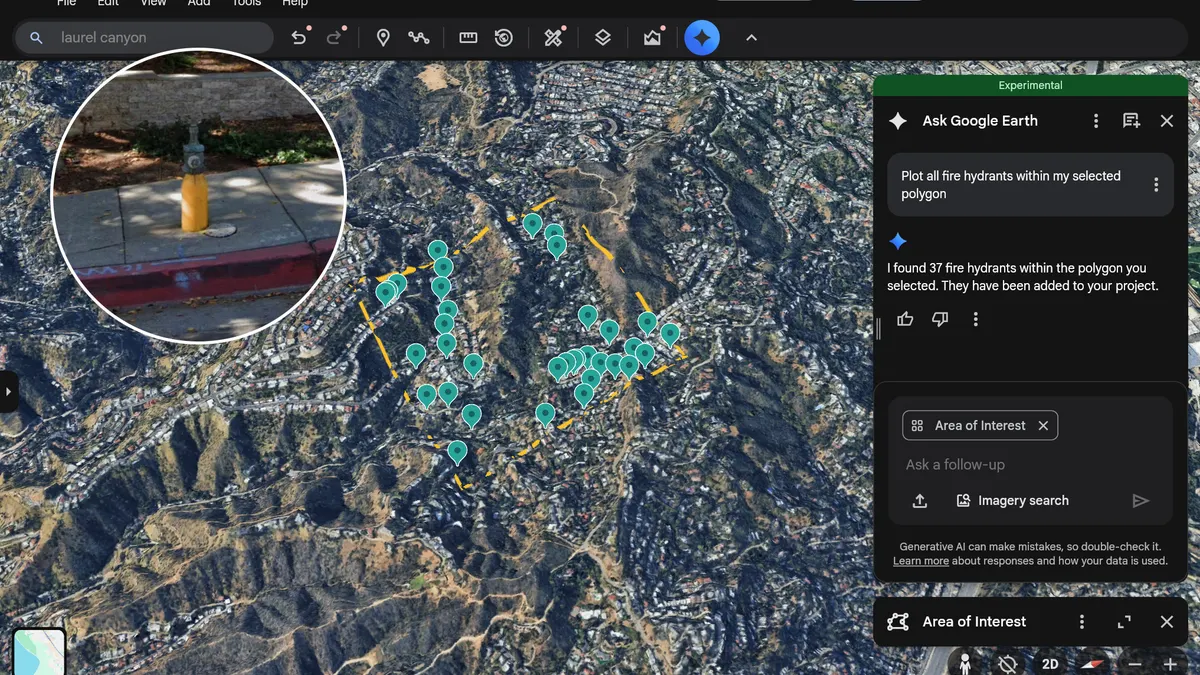Editor's note: This article was originally published in American City & County, which has merged with Smart Cities Dive to bring you expanded coverage of city innovation and local government. For the latest in smart city news, explore Smart Cities Dive or sign up for our newsletter.
OpenAI, one of the most prominent developers of artificial intelligence technology in the U.S., announced an “OpenAI for Government” initiative that seeks to further integrate the company’s AI tools into local and federal government operations.
Building on ChatGPT Gov, the company’s language learning model customized for government employees, OpenAI for Government consolidates the company’s efforts to provide its products and services to the U.S. government “under one umbrella,” according to a press release.
The initiative offers all levels of federal, state and local government access to OpenAI’s ChatGPT Enterprise and ChatGPT Gov within “secure and compliant environments," as well as hands-on support and insight into anticipating new ways to utilize AI tools for government. The initiative also includes custom models for national security that will be “offered on a limited basis.”
Additionally, OpenAI announced it was awarded a $200 million contract with the U.S. Department of Defense to “transform its administrative operations,” streamline data analysis and support “proactive cyber defense.”
The contract will establish a pilot program through the DOD’s Chief Digital and Artificial Intelligence Office that will help identify how the technology can transform administrative operations, such as improving health care access for service members and their families, looking at program and acquisition data, OpenAI said Monday. The DOD described the contract as one that will “develop prototype frontier AI capabilities to address critical national security challenges in both war fighting and enterprise domains.”
OpenAI said its goal for the government-focused initiative is to help public sector employees “cut down on the red tape and the paperwork.”
“Across these efforts, we’re aiming to improve both the day-to-day experience of public service and to help government employees feel more empowered, more efficient and more supported in their critical missions,” the company stated.
OpenAI pointed to a pilot program in Pennsylvania that found Commonwealth employees who used ChatGPT reported “noticeable efficiency gains,” saving an average of 95 minutes of work time per day.
In order to fully realize the potential for AI for serving the public, “adoption needs to happen at every level of government,” according to Steven Tiell, global head of AI governance advisory at SAS Institute, a U.S.-based developer of analytics and AI software.
“The benefits are immense and exponential,” Tiell told AC&C in an email. “[Government adoption of AI] could enhance citizens’ lives in a wide spectrum of ways, from preparing for and addressing natural disasters in real-time to objectively and efficiently conducting property valuations to saving millions of dollars in fraudulent tax returns.”
At the same time, Tiell warned that it remains unclear how the growing number of AI providers offering “protected environments” for local governments will leverage user prompts to train future AI models.
“Information silos in government often exist to protect our most vulnerable, and these safeguards are at risk when government data is shared indiscriminately with AI service providers,” Tiell said. “Even with modern data anonymization techniques, it’s not safe to share sensitive information about individuals.”
A survey of local government IT professionals last year found that 53% were preparing for the incorporation of AI for their local government, but 38% believed they were “not prepared at all” to safely use the new technology.



















